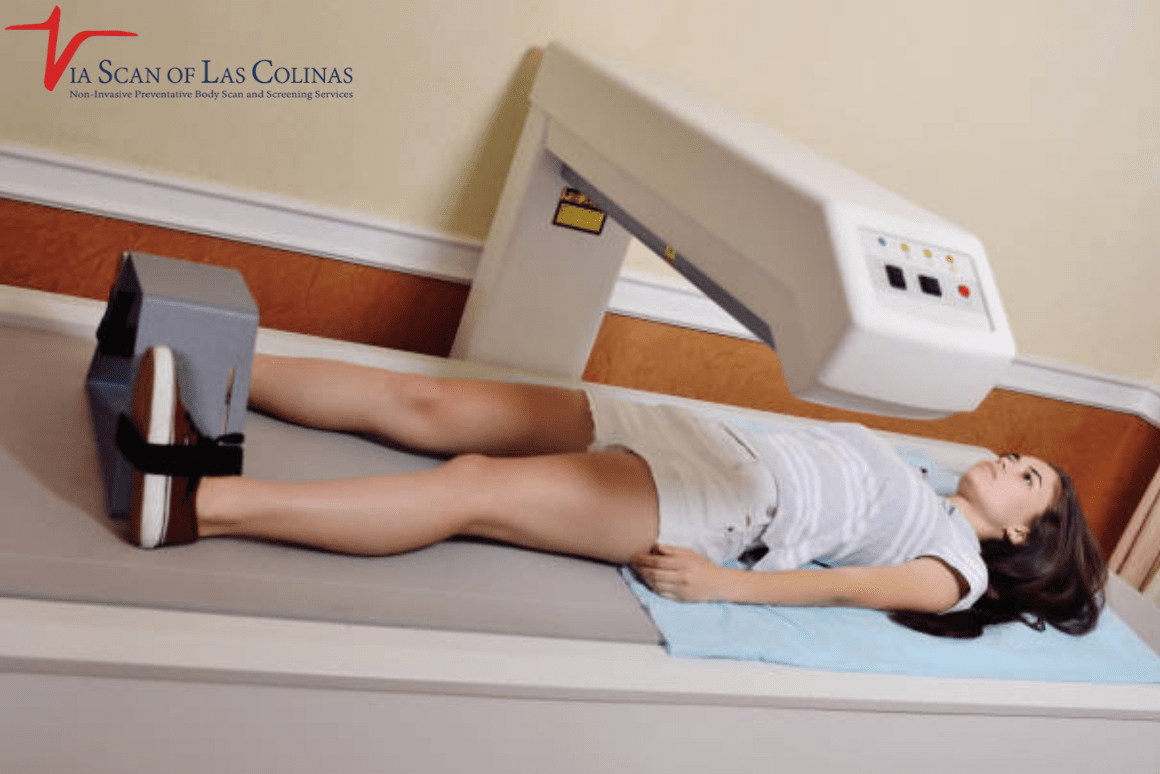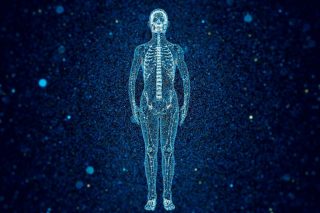Even as we pay so much attention to our vital organs, such as the heart and lungs, we should pay attention to our bones, which keep our vital organs safe and secure. The fact is that your bones are literally the tough support of your whole body, a crucial yet often overlooked aspect of your health that most people only notice when something hurts or breaks.
As a medical practitioner who works with these scans daily, I am here to clarify any misconceptions about what DEXA scans are. They do a great job of determining how strong your bones are, but they do not make good cancer detectors. Treat them as experts – actually, very good at a single task, but not made to do it all.
I will also explain what your bone density test can tell you, why it cannot detect cancer, and what additional tests you may need to consider if you are particularly concerned about cancer.
Does a DEXA scan detect bone cancer?
No, a DEXA scan is not able to detect cancer in the bones. DEXA scans use incredibly low X-rays that are so weak they can’t penetrate the bones, yet are just strong enough to determine their thickness and density.
Doctors require a lot more powerful equipment that can literally peep inside your bones and detect anything strange or abnormal when they must search for bone cancer. It is the difference between flashing a light against a wall and using a strong spotlight to see everything clearly. If you are concerned about bone cancer, your doctor may recommend additional examinations, such as CT scans or MRI, to capture images in a more detailed and clearer manner.
What medical issues would a DEXA test help show?
In addition to osteoporosis (which means weak bones), a bone density test can identify osteopenia – that is, when your bones are already beginning to become weaker but not yet weak enough. It is a yellow light before the red danger light kicks in. Doctors can also use the test to determine whether you break easily, which can be very useful when it comes to planning your care.
DEXA scans have very limited visibility. They are not able to detect heart problems, lung problems and most cancers. It’s like owning a torch, but it only highlights a small part of a large room. You should consider various types of tests to examine your body and identify any potential health issues thoroughly. ViaScan offers wellness body scans and CT scans, including health preventative scans that can scan your heart scan, lungs scan, and other organs simultaneously.
Can cancer appear as low bone density?
Cancer will not present itself as a weak bone on your scan, but here is what may happen: treatments such as chemotherapy and radiation used to treat cancer may cause your bones to weaken in real life. The actual bone loss will be registered in your bone density test; this test is not misleading, as it tells you the truth.
In some cases, when cancer spreads to bones, it may cause some of the parts to be more dense or less dense than normal. Once again, the DEXA scan is not confused; it simply reflects the actual changes occurring to your bones due to the cancer or the treatment course. That is why patients undergoing cancer treatment may require periodic bone density examinations to monitor their bones.
Where should I get my DEXA or bone density scan from?
ViaScan is great for bone density testing because we have modern machines, which provide you with reliable results. The difference is that we do not simply run one test and say goodbye. We understand that everything in your body is interconnected – bones, heart, lungs, and all the rest are team players.
So, when you visit us for a bone density test and start thinking about other health issues, we handle that. Our wellness body scans, or CT scans, can scan several items simultaneously, which not only saves you time but also provides you with genuine peace of mind. Rather than visiting multiple locations to obtain various tests, you can gain a comprehensive understanding of your health in a single visit. We understand that being healthy means not only checking one item but also knowing your entire body and identifying issues before they become extremely difficult to manage.
Choose Our Bone Scan
Early Detection Saves Lives !
-
- Accurate
- Quick Result
- Affordable

Conclusion
The bottom line is that DEXA scans are an excellent tool for assessing bone health and helping doctors diagnose osteoporosis. Still, they can never tell you whether you have cancer or not. If you are concerned about cancer, you don’t need to suspect that your DEXA scan will detect it. Rather, have an eye-opening conversation with your physician about alternative scans, such as CT scans, that are literally constructed to identify those issues.
We believe in transparency at ViaScan, and we want to ensure you understand the capabilities and limitations of each test. This way, you can choose the exact test that will help screen your specific health concern, which is keeping you up at night. Through ViaScan, you possess the instruments and expertise to provide you with definite and trustworthy responses. Get on track with your health by getting the right tests when you need them. We can then have our team create a personalised plan to help you feel good in the years to come.



